The Intel Core i9-9900KS Review: The 5 GHz Consumer Special
by Dr. Ian Cutress on October 31, 2019 10:45 AM ESTTest Bed and Setup
As per our processor testing policy, we take a premium category motherboard suitable for the socket, and equip the system with a suitable amount of memory running at the manufacturer's maximum supported frequency. This is also typically run at JEDEC subtimings where possible. It is noted that some users are not keen on this policy, stating that sometimes the maximum supported frequency is quite low, or faster memory is available at a similar price, or that the JEDEC speeds can be prohibitive for performance. While these comments make sense, ultimately very few users apply memory profiles (either XMP or other) as they require interaction with the BIOS, and most users will fall back on JEDEC supported speeds - this includes home users as well as industry who might want to shave off a cent or two from the cost or stay within the margins set by the manufacturer. Where possible, we will extend out testing to include faster memory modules either at the same time as the review or a later date.
| Test Setup | |
| Intel 9th Gen | Intel Core i9-9900KS |
| Motherboard | MSI Z390 Gaming Edge AC (A.60 BIOS) |
| CPU Cooler | TRUE Copper |
| DRAM | Corsair Vengeance 2x8 GB DDR4-2666 |
| GPU | Sapphire RX 460 2GB (CPU Tests) MSI GTX 1080 Gaming 8G (Gaming Tests) |
| PSU | Corsair AX860i |
| SSD | Crucial MX200 1TB |
Many thanks to...
We must thank the following companies for kindly providing hardware for our multiple test beds. Some of this hardware is not in this test bed specifically, but is used in other testing.


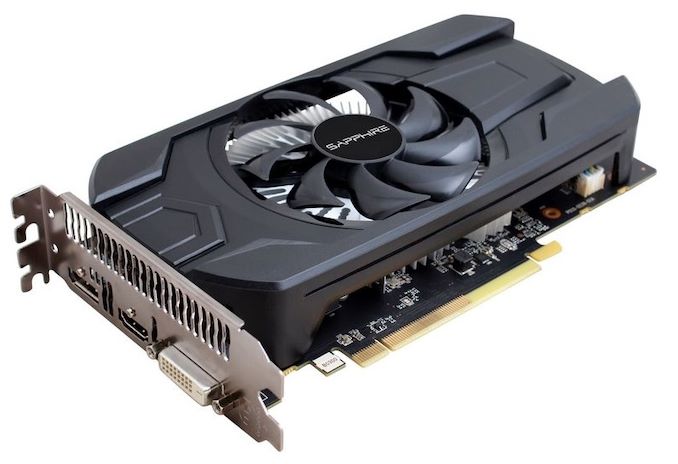
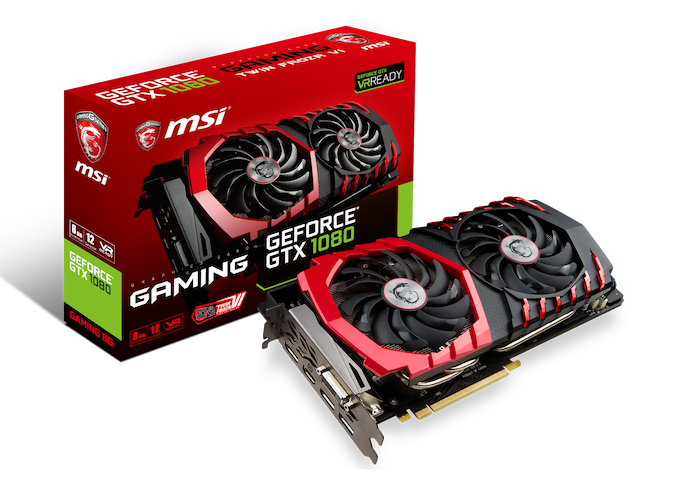
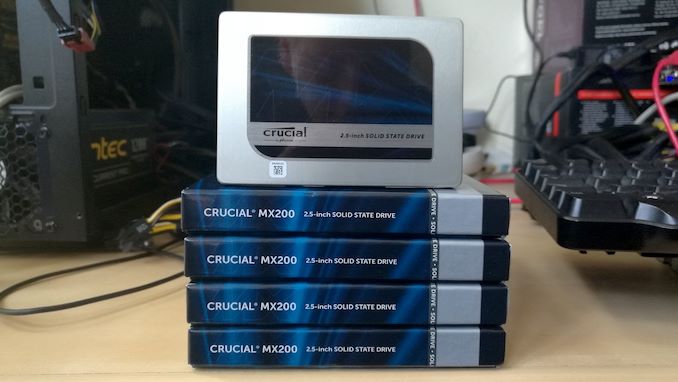
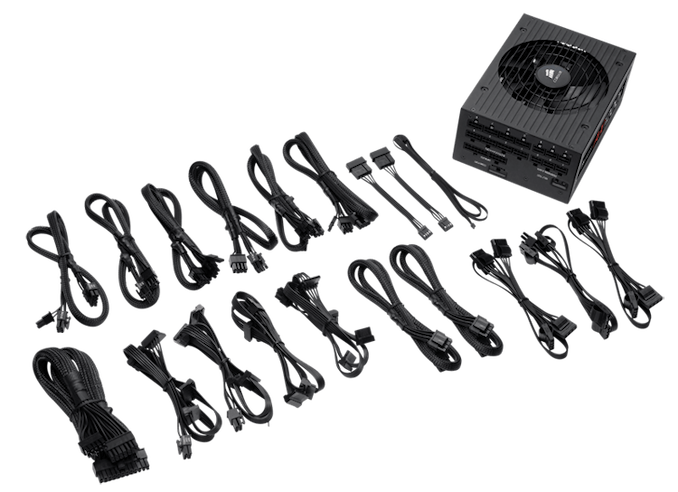
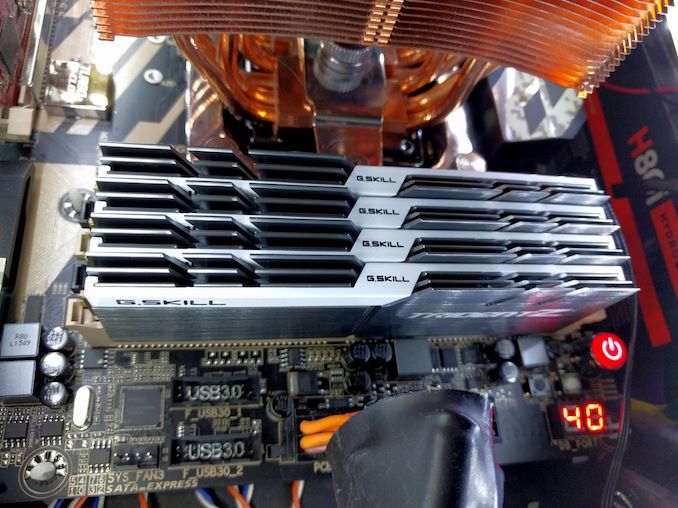
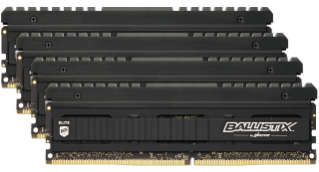
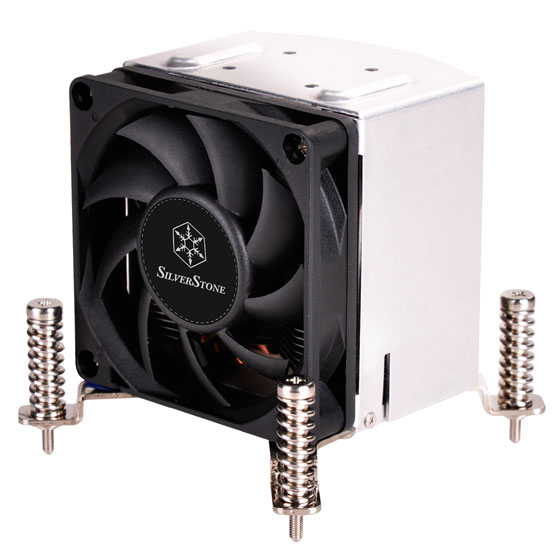
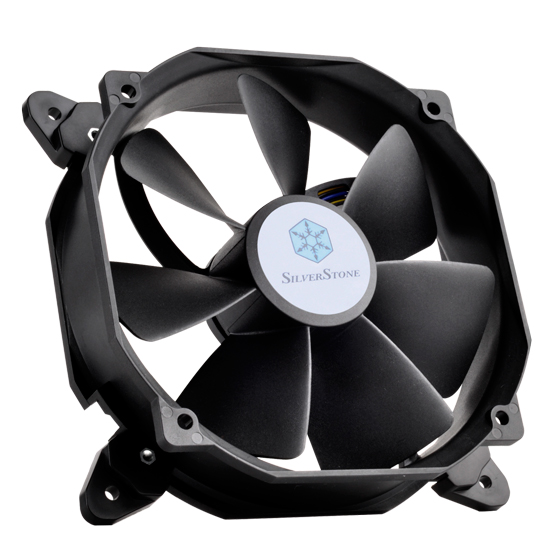








235 Comments
View All Comments
AshlayW - Friday, November 1, 2019 - link
'Hater's dislike this CPU because once again Intel is relying on marketing ploys and borderline mis-information to sell recycled parts based on tech from 2015, at a price that is higher than the competition's part with 4 more cores, signficnatly higher MT perf, higher efficiency, an included cooler, it's not EOL like Z390, etc. Do you see what I'm saying? these 'haters' are sick and tired of Intel's stranglehold on price-gauging the CPU market and they voice their opinions now that we have some really viable competition. Shocker: people care about value and features.nathanddrews - Friday, November 1, 2019 - link
And to some customers, this chip has the features they want at a value level they can afford. I'm not sure why that's so difficult a concept to understand. Rather, I think that the "haters" understand perfectly well, they irrationally fear what other people purchase.Spunjji - Friday, November 1, 2019 - link
None of what you said discounts what he said - it's just whataboutism followed by some unflattering generalisations about people you think you disagree with. :|GreenReaper - Saturday, November 2, 2019 - link
It's not fear; it's pity.brantron - Thursday, October 31, 2019 - link
What does the ring bus clock run at by default? If it's still 3.7 - 4 GHz, these may be a little more overclockable than the turbo clock implies.I'm curious how the power and temperature compares to the regular 9900K with everything pushed as far as it will go.
If and when there's a desktop Comet Lake, I'd also like to see a comparison from Skylake and on. With chiplets, CPU manufacturing processes may no longer completely go out of style, so it would be interesting to see how 14nm progressed over 5 years.
Alistair - Thursday, October 31, 2019 - link
It's kind of funny, that the only thing different about this 9900k is the possible voltage that it might be able to run at, and he didn't test that. "voltage" is nowhere to be found in this review. I.e. this CPU is just a 9900k, nothing improved. Just set your voltage to 1.3V with a normal 9900k and set 5ghz, there, the same. This by all rights will be crushed by the 3950x, I'd rather take double the cores for almost the same money, imo.TEAMSWITCHER - Thursday, October 31, 2019 - link
"I'd rather take double the cores for almost the same money".I jumped on the 9900K long before Zen 2 even had a release date. I'm not disappointed with the performance I get in multi-threaded tasks, certainly not enough to spend $1000 to switch platforms. AMD's 3900X and (eventually) the 3950X might have more cores but it's going to be at least two years before I buy another platform. Instead, I will use that $1000 to purchase an RTX 3080Ti the very instant nvidia puts them up for sale.
Korguz - Thursday, October 31, 2019 - link
heh,.. and you really think nvidia is going to charge 1k for a 3080Ti ??? more like 2000+Alistair - Thursday, October 31, 2019 - link
um... you could have just kept the 8700k instead if you wanted the ST performance, that hasn't changedTEAMSWITCHER - Friday, November 1, 2019 - link
What makes you think I had an 8700K? My previous platform was an Intel Core i7 5930K on an X99 Deluxe motherboard. The jump from 6 - 8 cores wasn't huge, but the Coffee Lake cores are faster than the Haswell-E - my Cinebench score still doubled. However, Cinebench is kind of stupid now, and why I dropped the HEDT platform. I'd rather spend more on a GPU, not just for great 4K gaming, but Blender can do faster rendering on a GPU, and you can also use your GPU to accelerate video encoding. 8 cores and 16 threads is plenty for everything else.